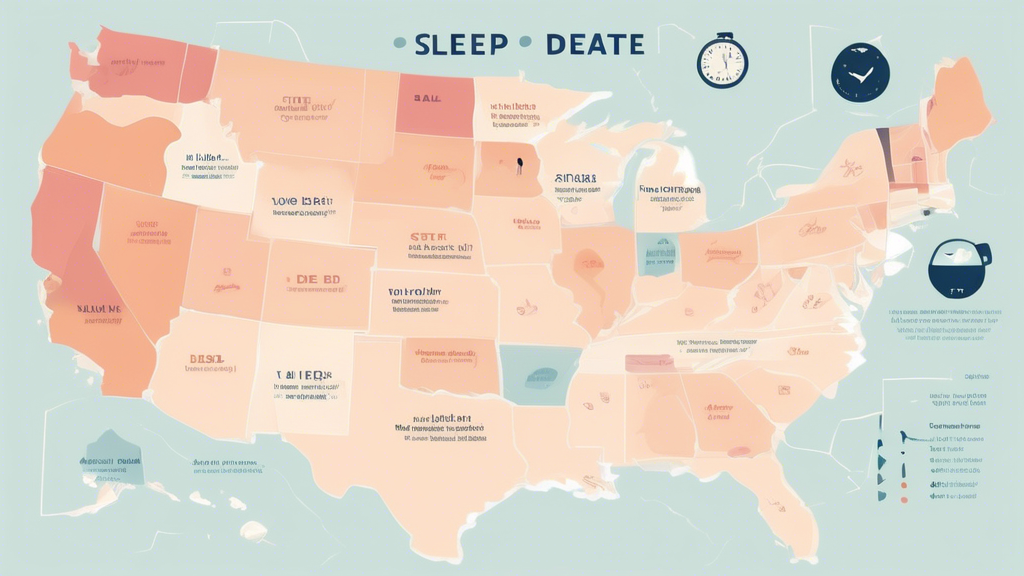The Sleep Debt Crisis in America
The hustle and bustle of modern life often leave us feeling drained and reaching for that extra cup of coffee. But beyond the daily grind lies a more significant issue: sleep debt. Sleep debt, the accumulated deficit of sleep compared to our biological needs, is a growing concern in the United States. It’s more than just feeling tired; it’s a public health issue with significant implications for our physical and mental well-being.
Understanding Sleep Debt: More Than Just Feeling Tired
Sleep debt is like a credit card balance. When we don’t get enough sleep, we accumulate a debt that needs to be repaid. While a night or two of poor sleep might leave us feeling groggy, chronic sleep deprivation can lead to a host of problems. It’s not just about the quantity of sleep; quality matters too. Disrupted sleep or inconsistent sleep schedules can also contribute to sleep debt.
The Scope of the Problem: A Nation Running on Empty
The Centers for Disease Control and Prevention (CDC) has declared insufficient sleep a public health epidemic. Studies reveal a staggering number of Americans aren’t getting the recommended 7-9 hours of sleep per night. Factors like work demands, stress, and the ever-present glow of electronic devices contribute to this sleep deprivation crisis.
Consequences of Sleep Debt: Beyond Daytime Sleepiness
The effects of sleep debt extend far beyond feeling tired. It can impact various aspects of our lives:
Physical Health:
- **Increased risk of chronic diseases:** Studies link sleep deprivation to a higher risk of conditions such as heart disease, stroke, type 2 diabetes, and obesity.
- **Impaired immune function:** Sleep debt can weaken the immune system, making us more susceptible to illnesses.
- **Accidents and injuries:** Drowsiness impairs reaction time and judgment, increasing the risk of accidents both on the road and in the workplace.
Mental Health:
- **Mood disorders:** Sleep deprivation can contribute to irritability, anxiety, and depression.
- **Cognitive impairment:** Memory, concentration, and decision-making abilities suffer when we’re sleep-deprived.
- **Increased stress levels:** Lack of sleep can exacerbate stress and make it harder to cope with daily challenges.
Economic Impact: A Costly Problem
The consequences of sleep deprivation extend beyond individual well-being, impacting the economy as well. Reduced productivity, increased healthcare costs, and workplace accidents associated with sleep debt cost the US economy billions of dollars annually.
Addressing the Sleep Debt Crisis: Taking Charge of Our Sleep
Combating sleep debt requires a multifaceted approach:
- **Prioritizing Sleep:** We need to recognize sleep as essential for health and well-being, not a luxury.
- **Healthy Sleep Habits:** Establishing a regular sleep schedule, creating a relaxing bedtime routine, and optimizing our sleep environment can significantly improve sleep quality.
- **Seeking Help:** If sleep problems persist, consulting a healthcare professional can help identify and address underlying sleep disorders.
- **Workplace Policies:** Employers can promote employee well-being by encouraging healthy sleep habits and offering flexible work arrangements.
The sleep debt crisis in America is a significant public health concern with far-reaching consequences. By prioritizing sleep and adopting healthy sleep habits, we can take charge of our well-being and build a healthier, more productive nation.



